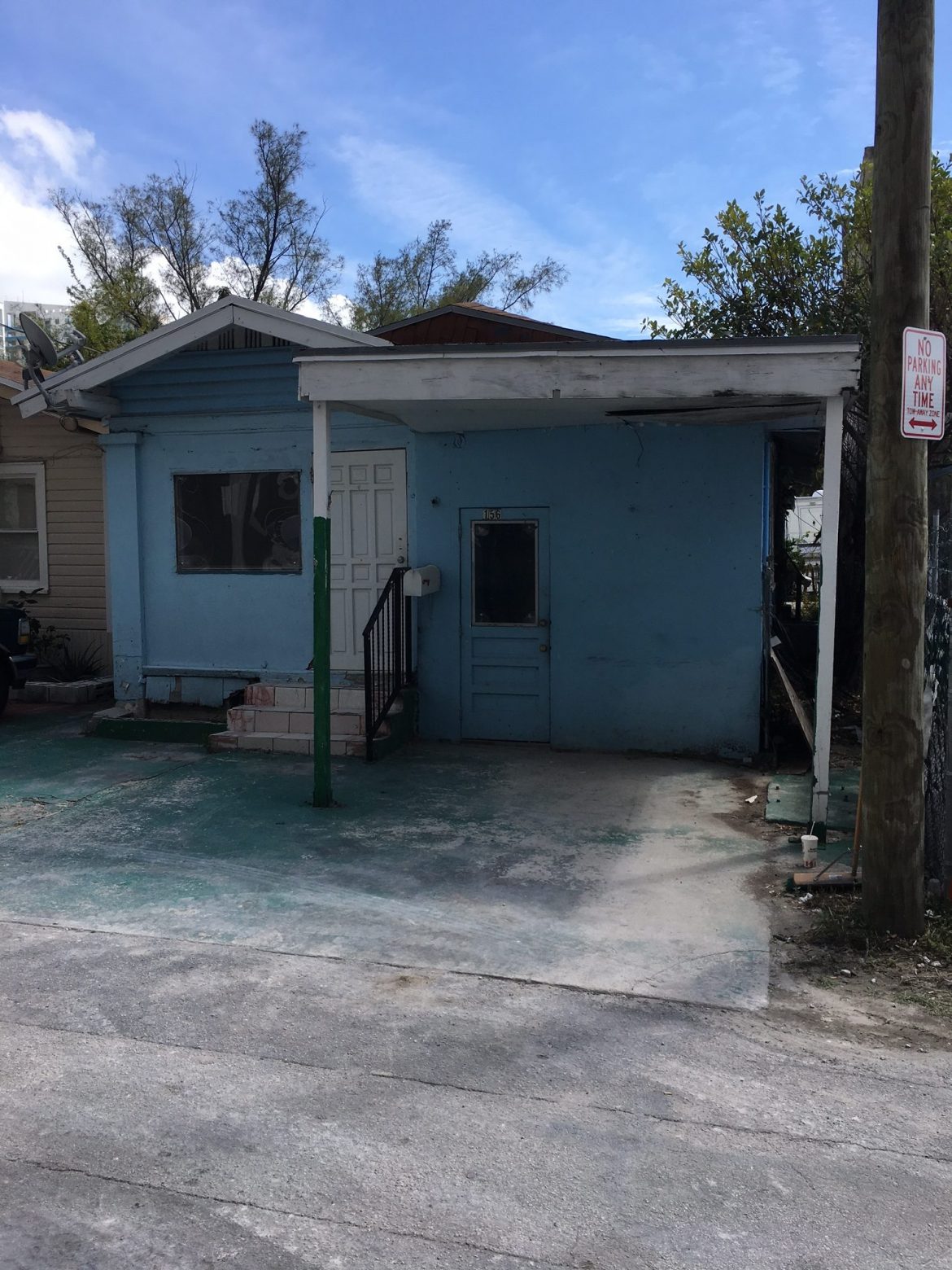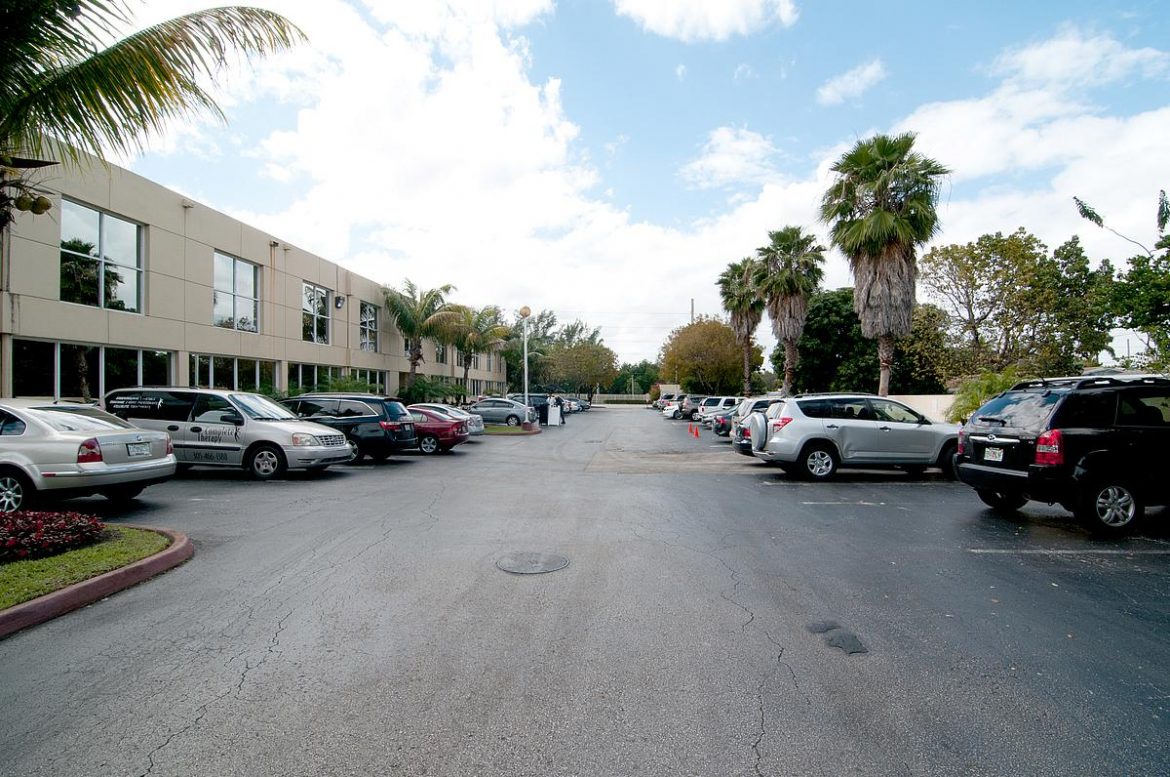
About 40 percent of national retail chains once again skimped on their rent in May, according to the latest monthly report on collection rates.
Among those are 24 Hour Fitness, AMC Theaters and Pier One, all of which have either announced potential bankruptcy or plans to liquidate assets.
Overall, national retailers paid 60.1 percent of rent, a small increase from April’s 56.7 percent collection rent, according to a report from the data firm Datex Property Solutions. Total collections – from both national and local retailers – checked in at 58.56 percent in May, up from 54 percent in April, according to the data.
However, an increase in collections may not be a silver lining. Many retailers have negotiated rent relief with their landlords, which could make the numbers seem higher than they actually are, according to Datex CEO Mark Sigal.
At the end of May 2019, national retail chains were able to pay 96 percent of their rent. Even just two months ago, that figure was at 94 percent.
The plummet in rent collections is largely a consequence of the coronavirus pandemic, which has shuttered stores, in some cases permanently.
Fifteen companies, out of the 131 companies included, have not paid a dime of rent last month. Bed Bath & Beyond, H & M, Century City, AMC Theaters, Regal Cinemas, The Gap and Party City are among those. Seven others have paid very little, including Barnes & Noble and DSW Shoe Warehouse. On Wednesday, The Real Deal first reported that Simon Property Group sued The Gap for $66 million for withholding rent in April, May and June.
“A lot of the growth has been around more lifestyle oriented retail, the kind of retail where there’s a goodness to being present,” Sigal said. “With social distancing, the retailers that most build around that, folks like gyms and yoga studios or movie theaters — the types of operators where people are in the same space and close quarters — are the ones that have been most existentially impacted.”
The report counts major chains as those that have a minimum gross monthly rent of $250,000 or lease 10 or more locations. It is based on verified collections from Datex’s portfolio of clients that report payment information from thousands of U.S. properties.
However, not all companies are on their landlord’s naughty list this month. Unsurprisingly, grocery stores like Giant and Aldi have paid almost all their rent.
Between competitors, companies’ collections differed greatly. PetSmart, according to Datex, paid 89 percent of its collective bill, while Petco paid 42 percent. Hobby Lobby similarly paid 99 percent, while Michael’s trailed behind at 39 percent, per the data.
In part, this may be due to different franchisees or unsuccessful expansions in different areas, according to Sigal.
“This is a tsunami that is unanticipated,” Sigal said. “Within that, you may have heard of this quote, ‘bad companies are destroyed by crises; good companies survive them; great companies are improved by them.’ Retail is that story”
The restaurant sector experienced similar contrasts. McDonalds and Taco Bell, for example, paid the majority of their bills, while Jamba Juice and Five Guys paid less than half of theirs.
Source: The Real Deal

